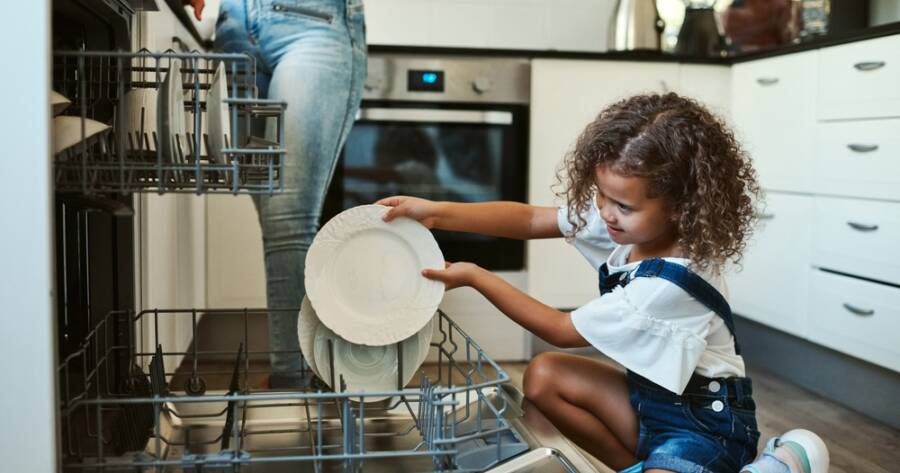Teaching children independence starts with responsibility at home. Age-appropriate chores not only keep households running smoothly but also instill confidence, resilience, and valuable life skills. When kids contribute meaningfully, they learn accountability and develop pride in their accomplishments. Chores should match developmental stages, growing in complexity as children mature. With consistency, families create an environment where responsibility is part of daily life, shaping kids into capable, independent adults ready to handle future challenges.
Chores for Toddlers
Toddlers are eager to imitate adults, making this the perfect time to introduce simple responsibilities. Tasks like picking up toys, putting laundry in a basket, or wiping small spills help develop coordination and awareness. These activities should be framed as fun and positive, turning responsibility into play.
While tasks may not always be done perfectly, the focus is on participation. Praising effort builds confidence and fosters a sense of pride. By starting small, toddlers learn that their contributions matter, laying the foundation for greater responsibility as they grow. Early engagement sets the stage for independence later in life.
Chores for Preschoolers
Preschool-aged children are ready for more structured chores. Setting the table, feeding pets, or watering plants are age-appropriate ways to build responsibility. These tasks also introduce concepts like routine and accountability, as kids begin to understand that chores must be completed regularly.
This age group thrives with visual reminders like chore charts or stickers. Clear instructions and demonstrations help them complete tasks successfully. Involving preschoolers in family chores also promotes teamwork, teaching them that everyone has a role in maintaining a household. Consistency and encouragement are key to nurturing independence at this stage.
Chores for School-Age Children
By the time children enter elementary school, they’re capable of handling more complex responsibilities. Making their beds, helping with meal prep, vacuuming, or taking out trash are appropriate additions. These tasks teach time management and develop organizational skills.
School-age kids also benefit from earning privileges or allowances tied to consistent chore completion. While not every task should come with rewards, connecting effort to positive outcomes reinforces the value of responsibility. At this stage, kids begin to understand how their contributions impact the entire household, strengthening independence and self-discipline.
Chores for Preteens and Teens
As children enter their teenage years, chores can become more advanced. Laundry, cooking simple meals, mowing the lawn, or managing their own schedules are all valuable tasks. These responsibilities prepare teens for adulthood, giving them skills they’ll need when living independently.
Teens also benefit from flexibility and trust. Allowing them to choose when and how to complete chores encourages autonomy. Holding them accountable for results, rather than micromanaging, fosters ownership of their responsibilities. This balance of guidance and freedom ensures that chores remain a stepping stone toward maturity.
The Path to Independence
Age-appropriate chores empower kids to grow into capable adults. From toddlers learning to pick up toys to teens managing laundry and meals, each stage builds skills and confidence.
Responsibility isn’t just about completing tasks—it’s about developing independence, self-worth, and resilience. With patience, encouragement, and consistency, families create a culture where kids feel valued and prepared for life beyond childhood.

